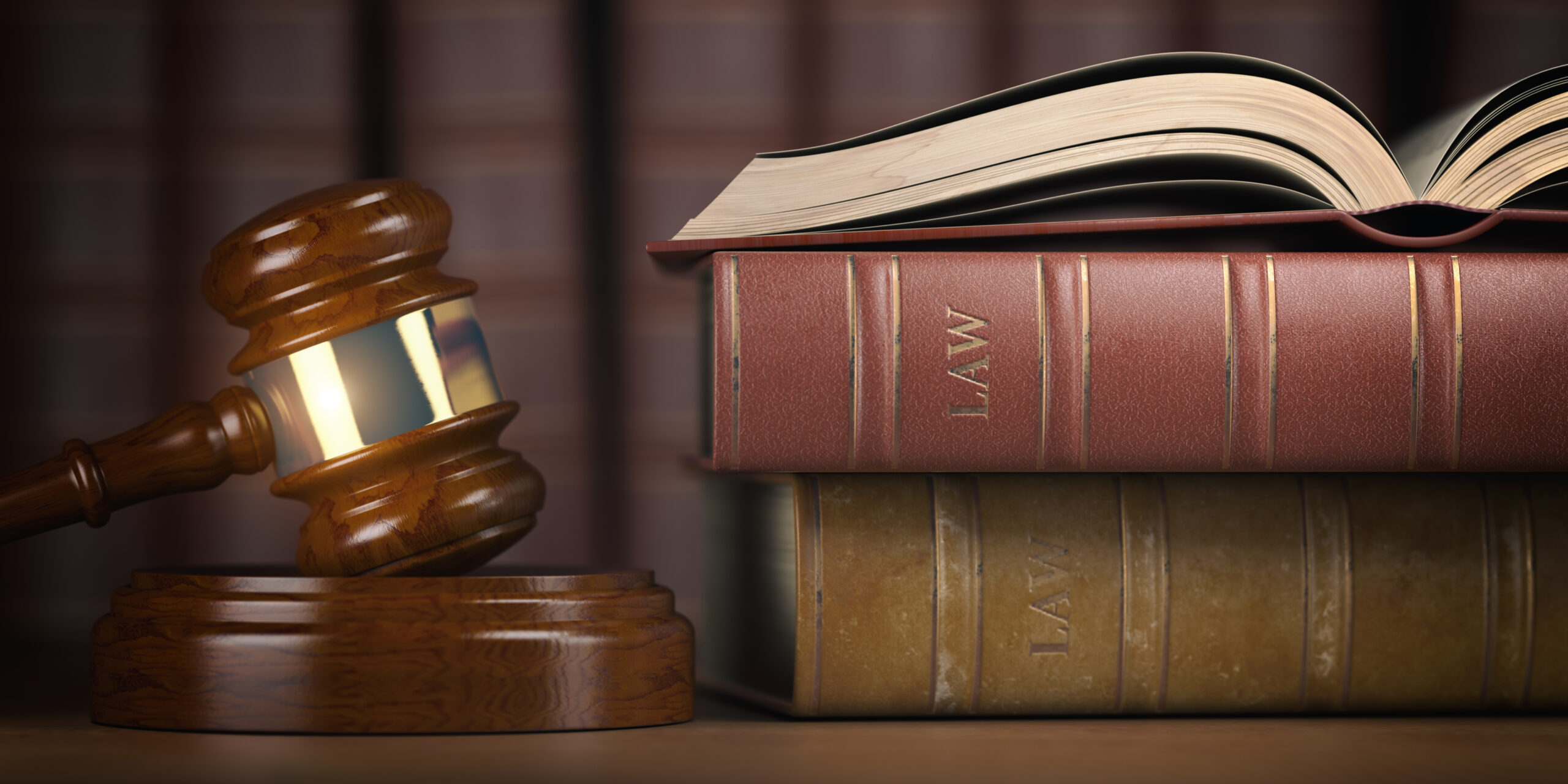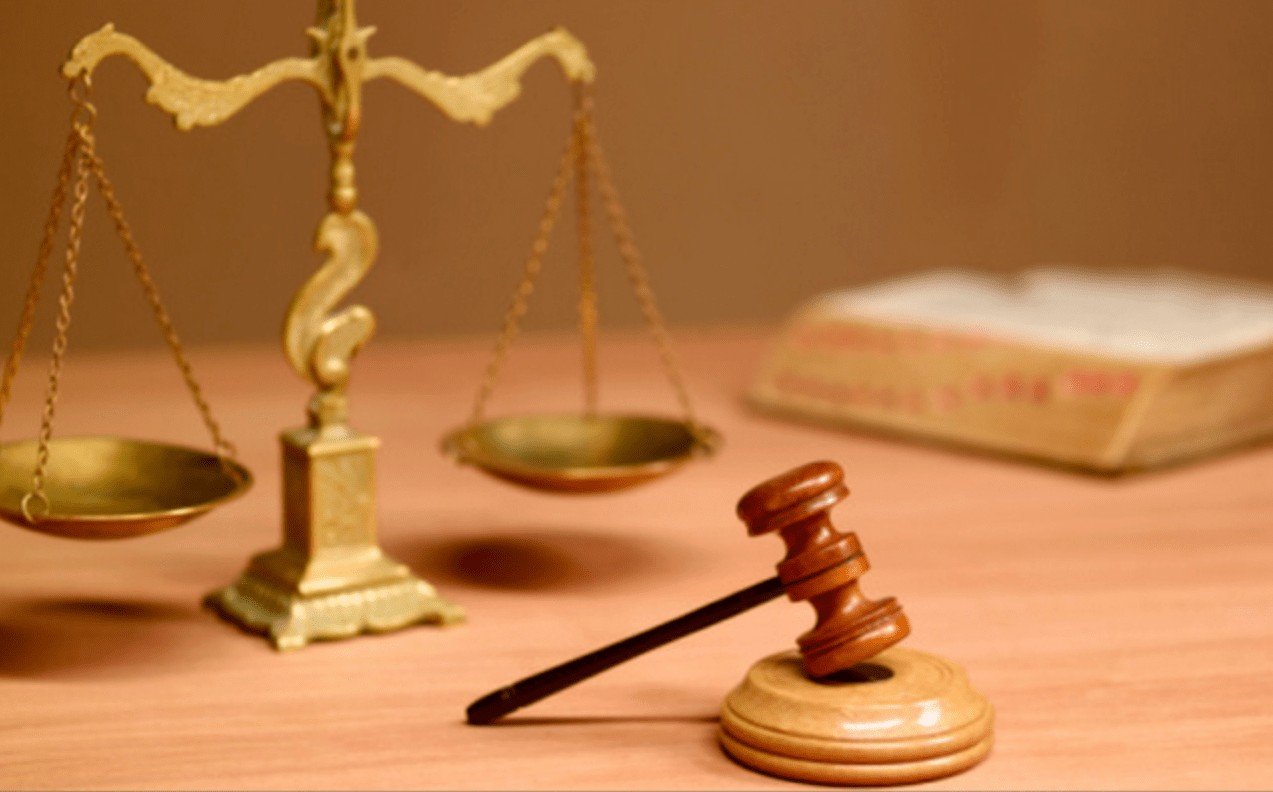Whenever you step foot on a property, whether it is your own or someone else’s, you are on the property of that person or company, and you are subject to their premises liability law. This is a law that protects you and other people who may be injured while on the property. This law extends even to people who are trespassing.
Damages awarded in a premises liability case
Depending on the situation, you may be entitled to collect damages from a property owner. It is important to understand how these damages are awarded. You should contact an attorney as soon as possible if you have been injured on another person’s property.
In order to collect damages from a property owner, you must prove that the owner knew of a dangerous condition on the property. For instance, you may have been injured by a wet floor or icy sidewalk.
You may be able to collect damages for your medical bills and other expenses associated with your injury. Compensation may also cover your lost income and rehabilitation costs. In addition, you may be able to collect damages for the pain and suffering you have endured as a result of the incident.
Coverage for certain types of trespassers
Depending on the state in which you live, you may be eligible to file a premises liability lawsuit if you are injured as a result of a trespasser’s negligence. These lawsuits can involve a wide range of issues, and it is important to seek legal counsel before you attempt to pursue a claim. You may also be able to file a claim for damages, such as medical expenses, lost wages, and other expenses.
The law on trespassers is often confusing. However, most states have moved away from a “status-based” approach and have adopted a negligence-based “reasonable person” standard. This means that a trespasser’s rights are often limited, and they are unlikely to win a liability lawsuit.
While property owners do not owe a duty of care to trespassers, they do owe a duty to warn of potential dangers on their property. This duty is heightened when children or young people are present.
Extends even to certain types of trespassers

Generally speaking, a trespasser is someone who enters a property without the owner’s permission. There are several types of trespassers. In fact, different states recognize different types of visitors and their respective legal rights.
The duty of care owed to a trespasser differs from that owed to an invitee. For instance, a trespasser is not owed a duty to warn of a dangerous condition. Likewise, the owner’s duty to an invitee is much more significant.
In addition to the duty of care to a trespasser, a property owner has a duty to maintain a safe and secure environment. He or she must warn of potentially dangerous conditions, warn of attractive nuisances and provide an adequate amount of security for all guests. In addition, a property owner must take reasonable steps to prevent injury to trespassers.
Dog bites fall under premises liability laws
Whether you’re an owner or a visitor to a property, you may be held liable for dog bites. This is a type of liability known as premises liability. These laws require property owners to keep their premises safe and secure. They also require property owners to warn their visitors and licensees about known risks.
There are several states that have dog bite liability laws. Some states only cover dog bites, while others cover all types of injury. In New York, dog bites are treated as part of premises liability.
Property owners must take precautions to prevent dog bites. This includes keeping dogs on leashes when they’re in public. Additionally, you’ll want to keep your dog’s rabies vaccination up to date. If you’re a dog owner, you should consider obtaining homeowner’s insurance.
Negligence on the part of the property owner
Depending on the facts of the case, a person can file a premises liability claim against the owner of the property. If the owner fails to properly maintain or fix a dangerous condition on his or her property, the owner may be held responsible for a victim’s injuries.
In order to file a claim, the plaintiff must prove that the property owner’s negligence caused the accident. Moreover, he or she must prove that the owner knew about the condition and failed to warn or fix it.
Under premises liability law, the owner of a property owes a duty of care to visitors. This duty entails keeping the premises in a safe condition and advising visitors of any hazards. In many states, the victim’s status is either an invitee or a licensee.

